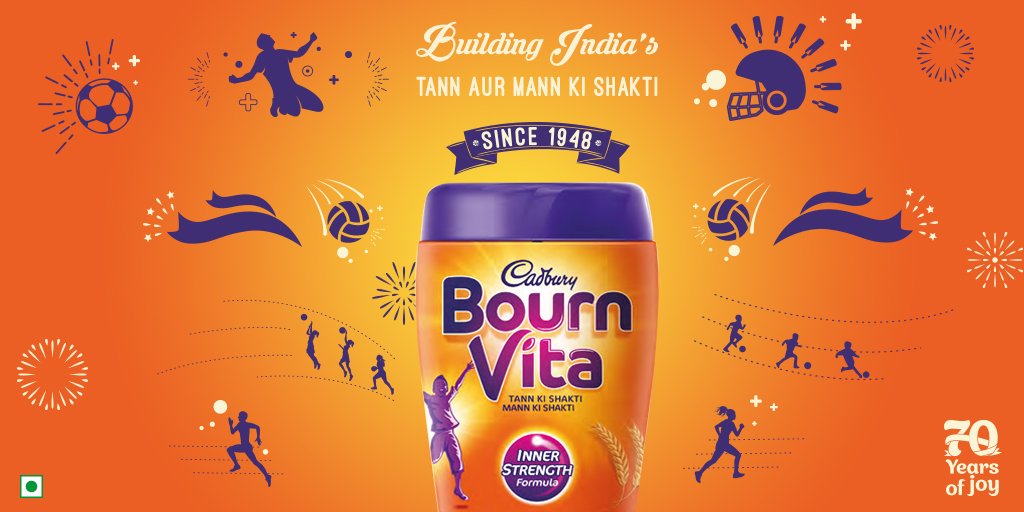 Remove Bournvita From 'Health Drink’ Category: Government Orders E-Commerce Platforms (image-X/BournvitaIndia)
Remove Bournvita From 'Health Drink’ Category: Government Orders E-Commerce Platforms (image-X/BournvitaIndia)The Ministry of Commerce and Industry has directed e-commerce platforms to remove all drinks and beverages, including popular brands like Cadbury’s Bournvita, from the category of ‘health drinks’ on their portals.
The directive, dated April 10, follows an extensive investigation conducted by the National Commission for Protection of Child Rights (NCPCR).
The statutory body established under Section 3 of the Commission of Protection of Child Rights (CPCR) Act, 2005, initiated an inquiry under Section 14 of the CRPC Act, 2005. Their findings concluded that there is no specific definition of ‘health drink’ under the Food Safety and Standards Act (FSS Act) of 2006, as per the rules and regulations submitted by the Food Safety and Standards Authority of India (FSSAI) and Mondelez India Food Pvt Ltd.
The primary concern highlighted by the NCPCR investigation is the high sugar levels found in Bournvita, which exceed acceptable limits. “In view of above, all e-commerce companies/portals are hereby advised to remove drinks and beverages, including Bournvita, from the category of health drinks from their platforms,” the ministry stated, as quoted by the Times of India.
This discovery prompted the NCPCR to urge the FSSAI to take action against companies that are not meeting safety standards and guidelines and are misrepresenting power supplements as ‘health drinks.’
Notably, the FSSAI cautioned e-commerce portals against labelling diary-based or malt-based beverages as ‘health drinks.’
The controversy surrounding the alleged unhealthy nature of Bournvita gained traction after a critical video was shared by YouTuber Revant Himatsingka. The video highlighted concerns about excessive sugar content, cocoa solids, and harmful colourants in Bournvita, potentially posing serious health risks, including cancer, especially in children.
On April 9, last year, Bournvita took to X (formerly known as Twitter) to clarify the allegations. It claimed that every serving of it has around 7.5 grammes of added sugar (approximately one and a half teaspoons), which is “much less than the daily recommended intake limits of sugar for children.” The post also added that the “scientifically designed formula” is made with “ingredients approved for use,” which are declared on the pack.
— BournvitaIndia (@BournvitaIndia) April 9, 2023
